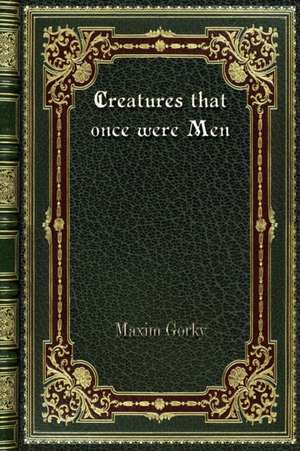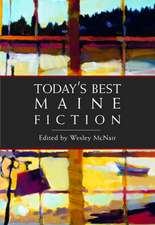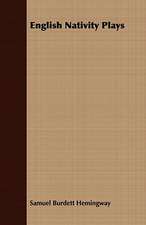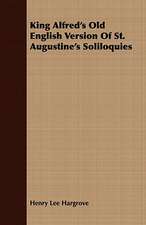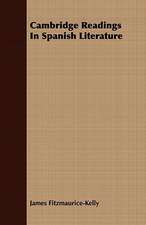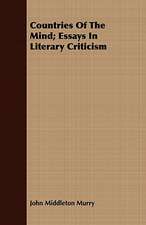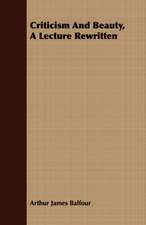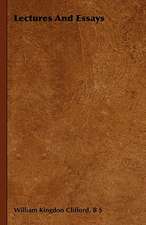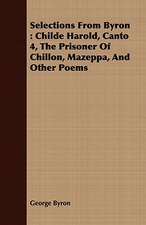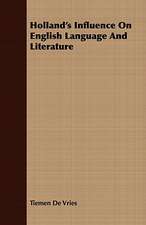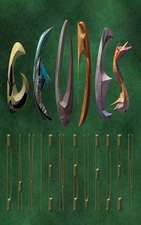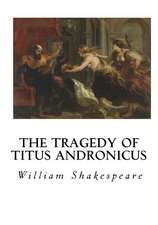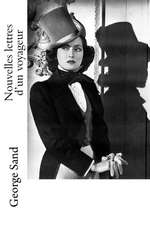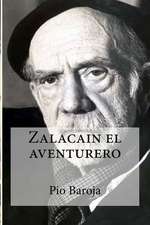Creatures that once were Men
Autor Maxim Gorkyen Limba Engleză Paperback – 10 feb 2019
| Toate formatele și edițiile | Preț | Express |
|---|---|---|
| Paperback (6) | 69.35 lei 6-8 săpt. | |
| – | 69.35 lei 6-8 săpt. | |
| Echo Library – 31 iul 2006 | 74.60 lei 38-45 zile | |
| Echo Library – 30 iun 2003 | 96.78 lei 38-45 zile | |
| Bibliotech Press – 6 ian 2023 | 102.10 lei 6-8 săpt. | |
| CreateSpace Independent Publishing Platform – | 102.70 lei 6-8 săpt. | |
| Blurb – 10 feb 2019 | 129.35 lei 38-45 zile | |
| Hardback (1) | 190.30 lei 6-8 săpt. | |
| Bibliotech Press – 6 ian 2023 | 190.30 lei 6-8 săpt. |
Preț: 129.35 lei
Nou
Puncte Express: 194
Preț estimativ în valută:
24.76€ • 25.75$ • 20.75£
24.76€ • 25.75$ • 20.75£
Carte tipărită la comandă
Livrare economică 10-17 martie
Preluare comenzi: 021 569.72.76
Specificații
ISBN-13: 9780368285196
ISBN-10: 0368285197
Pagini: 58
Dimensiuni: 152 x 229 x 4 mm
Greutate: 0.12 kg
Editura: Blurb
ISBN-10: 0368285197
Pagini: 58
Dimensiuni: 152 x 229 x 4 mm
Greutate: 0.12 kg
Editura: Blurb
Notă biografică
Alexei Maximovich Peshkov (1868 - 1936), primarily known as Maxim Gorky, was a Russian and Soviet writer, a founder of the socialist realism literary method and a political activist. He was also a five-time nominee for the Nobel Prize in Literature. Around fifteen years before success as a writer, he frequently changed jobs and roamed across the Russian Empire; these experiences would later influence his writing. Gorky's most famous works were The Lower Depths (1902), Twenty-six Men and a Girl, The Song of the Stormy Petrel, My Childhood, The Mother, Summerfolk and Children of the Sun. He had an association with fellow Russian writers Leo Tolstoy and Anton Chekhov; Gorky would later mention them in his memoirs. Gorky was active with the emerging Marxist social-democratic movement. He publicly opposed the Tsarist regime, and for a time closely associated himself with Vladimir Lenin and Alexander Bogdanov's Bolshevik wing of the party. For a significant part of his life, he was exiled from Russia and later the Soviet Union. In 1932, he returned to USSR on Joseph Stalin's personal invitation and died there in June 1936.
